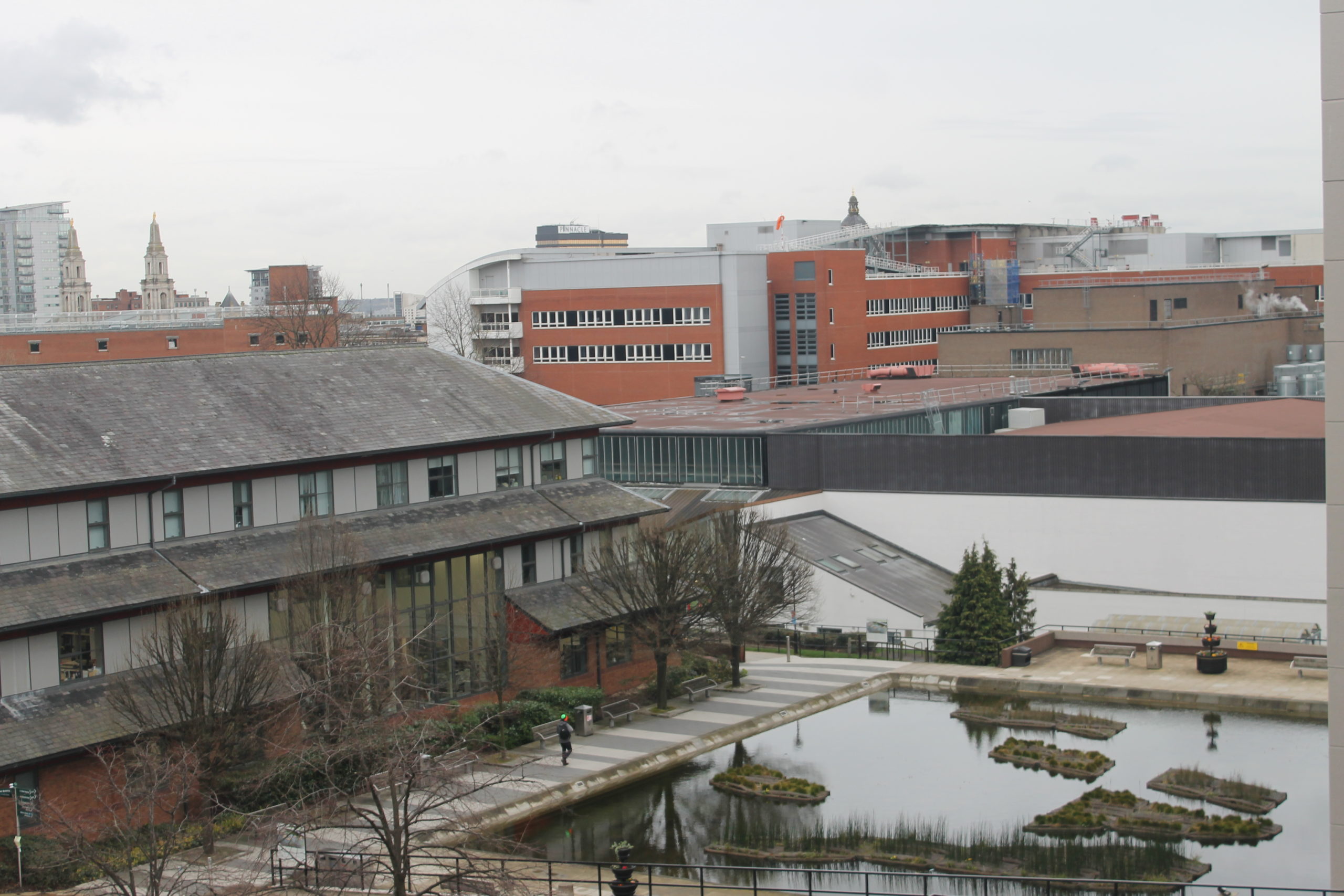Last Friday, the University of Leeds announced it was doing its part in helping fight the coronavirus epidemic by offering support in terms of equipment, staff, and its campus space.
The University has made available machinery and both pathology and microbiology laboratories in the School of Medicine to provide additional support during this coronavirus outbreak.
The University has sent seven major pieces of laboratory equipment to the NHS and a testing centre in Milton Keynes.
The University is also supporting the National Health Service (NHS) by giving them access to its spaces, like car parks and accommodation. It is also providing materials for the construction of ventilators and relevant research projects.
They are also hosting collections across campus for PPE and lab consumables and rounding up supplies from the University’s Faculty of Biological Sciences.
The Leeds Institute for Data Analytics (LIDA) is also re-assigning its workforce to undertake COVID-19 projects and is currently reaching out across the University for skilled individuals to join these teams. This department will look into data to analyze how the disease spreads and detecting patterns across cities, towns and other areas of the country.
Professor Paul Stewart, Executive Dean of the Faculty of Medicine and Health, said:
“The use of patient data and linkage across partner organisations, analysed through our flagship Leeds Institute for Data Analytics (LIDA), offers a powerful way to understand COVID-19 infection, from transmission, identification of high-risk patients to novel interventions.”
Professor Stewart is also leading the NIHR (National Institute for Health Research) Clinical Research Network in Leeds to increase medical research. Moreover, staff from the Faculty of Biological Sciences and of Medicine and Health are actively involved to support testing at the local NHS facilities.
LIDA is trying to understand how to adequately fight COVID-19 through academic researchers, analysis and several pieces of information.
Dr. Layik Hama, a Research Fellow at LIDA, is using sources like Public Health England to collect data which is then used to create a visual map of how the virus spreads across the UK. This would help recognise patterns across towns and cities and therefore “identify practices in some localities that are causing the faster spread of the disease”, he said.
When it comes to students, the University is in the process of sending over 1,000 pupils in their final year of Medicine and Nursing degrees to the NHS. The school also claims to be donating “major pieces of laboratory equipment” and protective gear, like masks and eyewear.
The University of Leeds campus has also been lit blue in support of NHS workers as well as staff and students currently volunteering in the health service.
Nearby universities have also taken similar measures to help protect staff and students and tackle the pandemic. For example, the University of Sheffield organised a COVID-19 Management Group who is closely monitoring the development of the outbreak and providing assistance and guidance for pupils and professors.
The Vice Chancellor at Sheffield Koen Lamberts said that staff from the University’s Department of Infection, Immunity, and Cardiovascular Disease are collaborating with the Sheffield Teaching Hospitals Virology team to collect tests from individuals being looked after in the UK. From there, they can identify the genetic material of COVID-19 and eventually find a vaccine.
Whereas, an academic from the University of York released a paper in January which has later been used by the World Health Organisation (WHO) to form new ethical guidelines for research about the virus.
Professor Sanjoy Bhattacharya, who contributed to the report, stressed the importance of the guidelines as he said:
“Historical experience shows that in the event of a disease outbreak, those involved in health research systems have not always acted in a way that considers a local population and their culture, society and needs.”
As of Wednesday April 1st, the UK has registered over 25,000 cases of covid-19 while the deaths amount to 1,789. The youngest to be fatally ill from the disease was a 13-year-old teenager from London. His family said he didn’t have pre-existent health conditions.
Last week and last night, British families applauded the NHS and their relentless work just outside their homes while the hashtag #ClapForOurCarers trended on social media. Annemarie Plas, the woman who started this event, said she will encourage the celebration to continue weekly until lockdown is over.
Furthermore, Meals for the NHS was recently set upxs to deliver free meals to hospitals across London. They raised over £200,000 and are providing food to security guards and cleaning staff, besides doctors and nurses.

